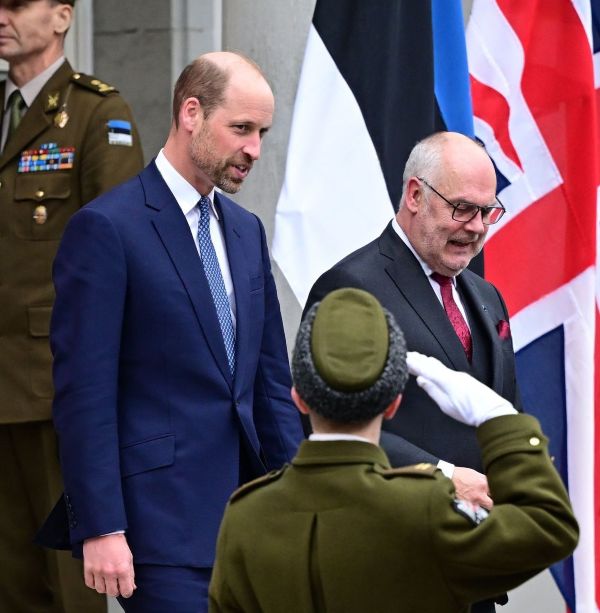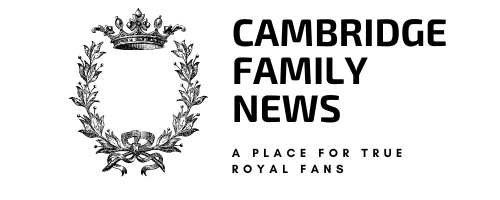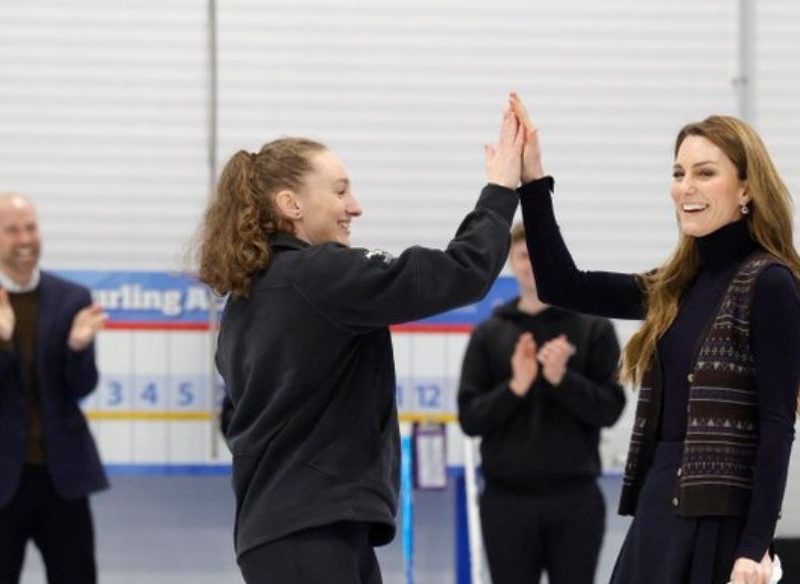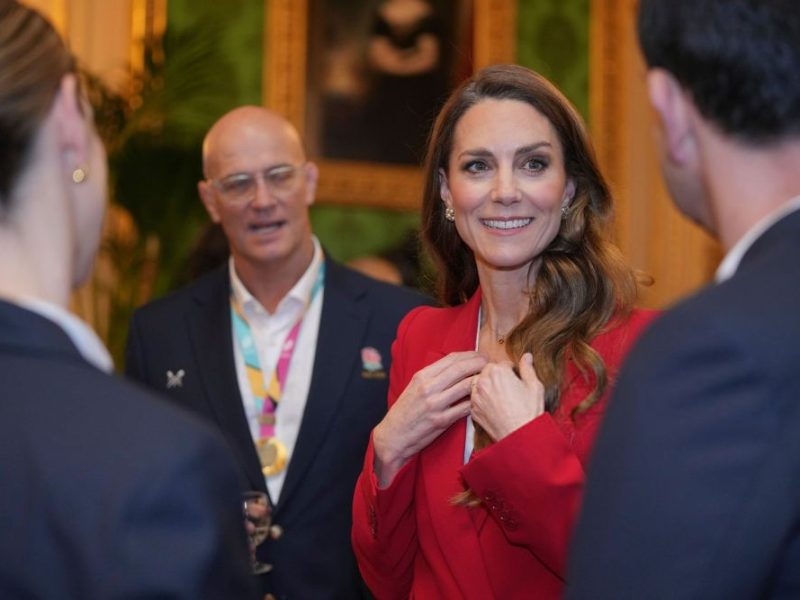The Prince of Wales has praised the “resilience” of Ukrainians in his visit to Estonia, a trip taken to show support for UK troops guarding Nato’s border with Russia.
On Thursday he met with young refugees at a school in Tallinn.
“The Ukrainian resilience is everywhere,” Prince William told the students. “You have a very good spirit, very good souls, it’s very important.”

The prince’s two-day visit to the Baltic state began on Thursday with a 35-minute meeting with Estonian President Alar Karis where they discussed the ongoing conflict in Ukraine.
His visit comes amid uncertainty over the war in Ukraine and worries about Russia’s next steps.
On Friday he is due to observe soldiers training in the Baltic state, as part of a multinational force aimed at deterring Russian aggression on Nato’s eastern flank.
The 900 UK troops in Estonia include soldiers from the Mercian Regiment, of which Prince William is colonel-in-chief. This is currently the British Army’s biggest operational deployment overseas.
READ: Princess Kate Spotted by Fellow School Mum, Shares Rare Comment on Princess Charlotte
As a sign of rising tensions, earlier this week Estonia was one of the countries on Russia’s borders to withdraw from a treaty banning anti-personnel landmines – a sign of rising tensions.
Estonia’s navy has been trying to prevent sabotage of undersea cables and the country is planning to increase military spending to 5% of its gross domestic product (GDP).
Prince William’s visit to this small, high-tech country – described as a “mini-Sweden” by diplomatic sources – is another moment of royal soft power, sending a message about the UK’s commitment to defending the Baltic states.
It follows a visit a few months ago by UK Prime Minister Sir Keir Starmer.
Talking to students and staff at the University of Tallinn, the royal visit seems to have been warmly welcomed.
It is seen as a sign of support from Western allies for a country, with a population of only 1.3 million, keenly aware of its need for military assistance.
The threat from Russia seems very real from their perspective.
“We’re more or less preparing for war,” says Catlyn Kirna, a senior lecturer specialising in cyber-security.



